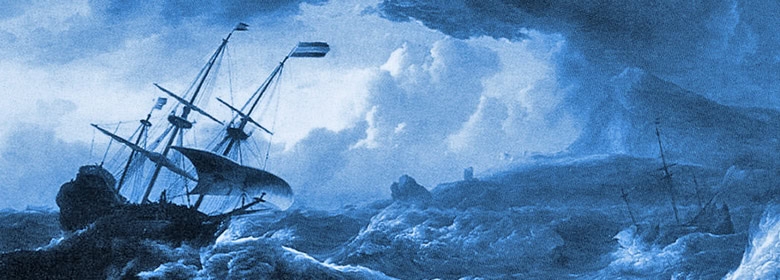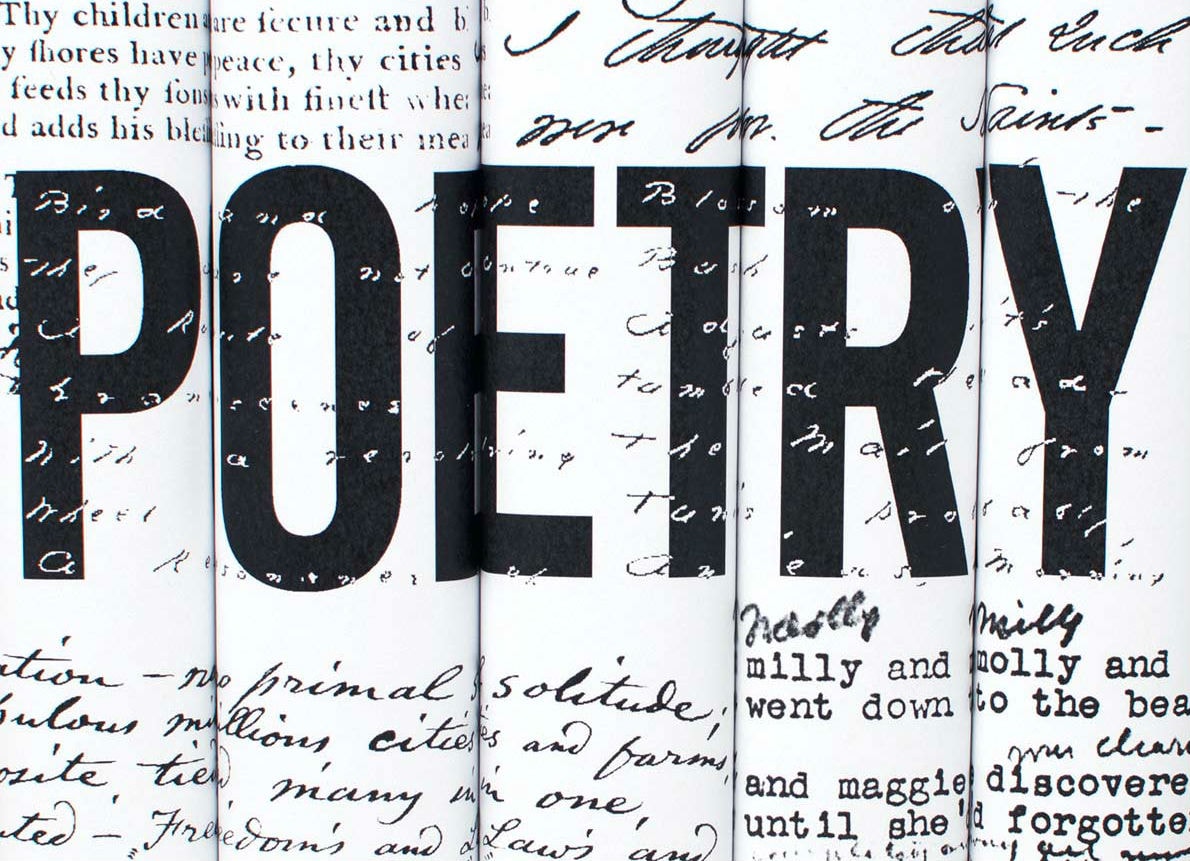Caliban and the Mask of Villainy
By Bob Allen

Here, I presume a reasonable lay-person’s familiarity with Shakespeare. Fair, I think, and if you know but two of Shakespeare’s plays one is likely The Tempest (the other with a 98% probability is Romeo and Juliet, Hamlet or Midsummer Night’s Dream). If you are one of those people who (and I have actually heard this said in a theater) “can’t stand Shakespeare,” then please go away. I’ll pause to allow for Social Distancing whilst you exit .
ALLLLLrighty. For those who remain, early in The Tempest, Prospero refers to Caliban as a ‘poisonous slave, got by the devil himself”. Willie had a catchy turn of phrase on him and I’d argue that’s a pretty buttoned-down definition of yer basic VILLAIN. But is he? The answer depends on your operating definition of “villain”. If it’s “Bad through and through all the time”, your list is pretty small and I’ll suggest one-dimensional. Even comic book villains have a little more going on than that. Lex Luthor has a complicated back story as; we have learned does Elphaba. Is Carmen San Diego a villain? We re-wrote her once for a project and it turns out she has a lot more Robin Hood or Capt. Nemo in her than might meet the eye.
Caliban is almost the perfect specimen of a robust, delicious villain archetype. He is the spice in the story running from loatheable-as when we learn he tried to fore himself on Miranda (Prospero’s daughter who has grown up on the island with no human interaction except with her father) to sympathetic when he is being tortured by Prospero and remind him that it was he who taught Prospero the secrets of the island that enabled him to survive being marooned. He offers the story tension, humor, a fil for the putative protagonist (although Prospero is damaged and his dark side also appears).
Most intriguing, Caliban, in his relationship to Prospero and Miranda, is an everyman for all conquered, subjugated, colonized and enslaved indigenous people. As argued by Deborah Willis in “Shakespeare’s Tempest and the Discourse of Colonialism”, “Caliban and his claim to the island is strong enough to (partly) undermine Prospero as a just ruler.” His birthright is arguably a stronger claim to the island than Prospero’s. Typical of British—and I would argue all—colonialism, Prospero pretended to “make much” of him, but then promptly enslaved and imprisoned him, only releasing him from torment to work for Prospero. Willis notes that “In this earnest and eloquent speech, Caliban appears to have good reasons to complain of his servitude…Caliban might be partly savage and crude, but he also speaks in iambic pentameter (like the noble characters of the play), and his side of the story shows Prospero’s abuse and willingness to use magic and power to get his own way. Let’s be clear, when Caliban first enters the stage, he is repeatedly called “slave,” “my slave,” “poisonous slave” and “most lying slave.”
To me, great villains and great heroes have more in common than meets the eye. The best-of either category are never “all good or all bad.” They always hold up a mirror to the audience member—a magic glass in which they can, if they will look carefully, see the undulating and indistinct boundary between their own light and shadow natures. A great villain should hit us in the face with their treacherous, deceitful and downright evil behavior, and then sneak up on us, confounding out habit to put things into the “I Like” and “I Don’t Like” boxes we mistakenly use to sort the world out. There can be no Beowulf without Grendel, no Star Wars Saga without Vader, no Harry Potter without Voldemort and no Batman without an entire pantheon of dastardly archetypes who run the gamut of the 7 Deadly Sins.


